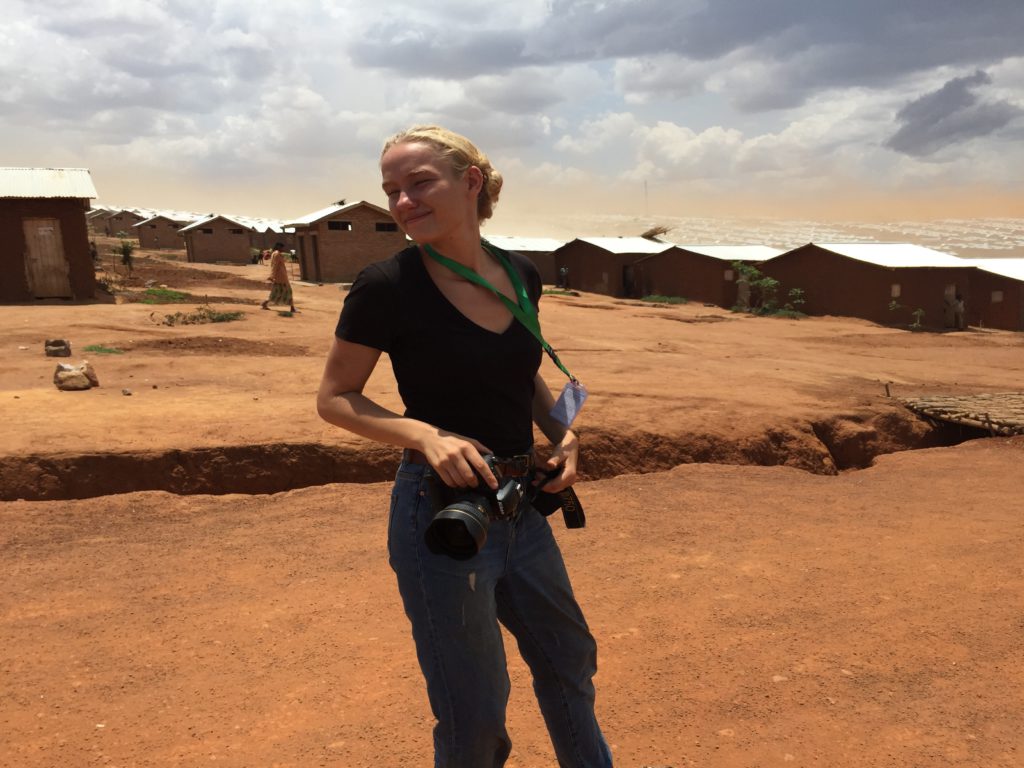
Founded in 1999, the Princeton in Africa Fellowship (PiAF) offers emerging young leaders the opportunity to spend one year embedded at one of a variety of organizations across the African continent. Fellows work in fields such as business and economic development, education and youth capacity building, community health, and environmental conversation, among many others. The program is open to graduating seniors and young alumni from any accredited college or university in the U.S. Previous experience in Africa is not required for applying.
The Princeton in Africa Fellowship provides funding for fellows’ on-the-ground expenses (including housing and a living stipend). The program also covers medical insurance, a pre-departure orientation, and a mid-year retreat in Africa (including a partial travel grant for getting to and from the retreat). Note, Fellows should expect to cover their own international airfare, visa expenses, and a $150 program placement fee.
To learn more about this unique fellowship opportunity, we spoke with Maggie Andresen, a PiAF fellow working as a photographer in Rwanda.
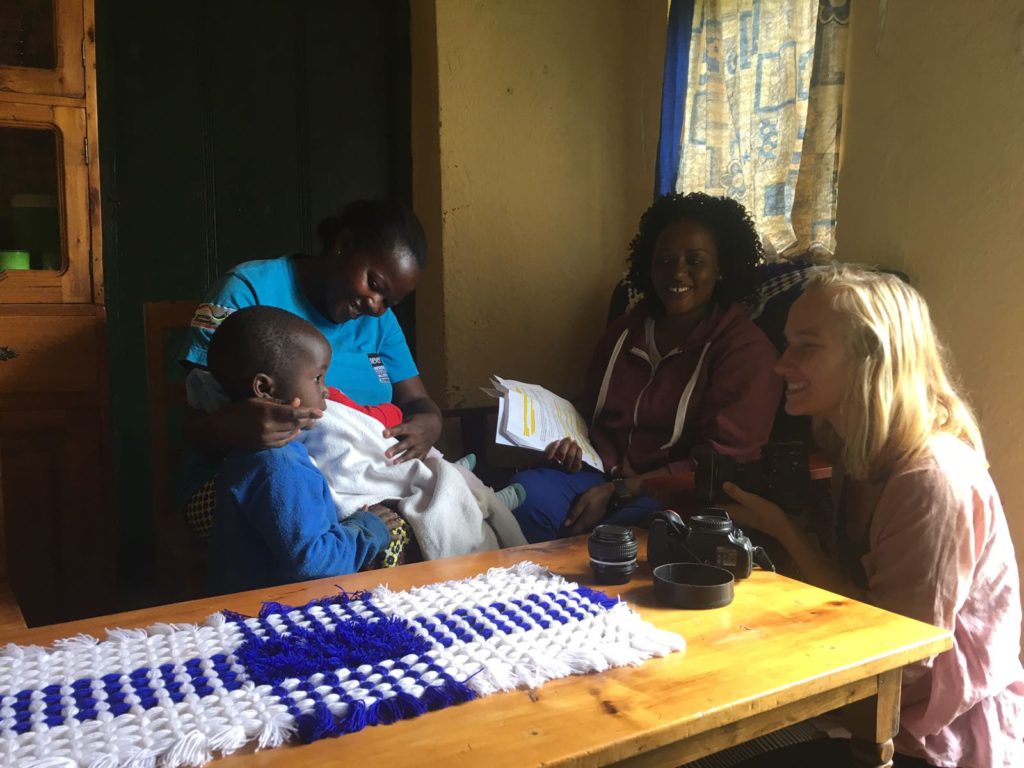
1. What inspired you to apply for the Princeton in Africa Fellowship?
I applied to the Princeton in Africa (PiAf) fellowship as a graduating senior in college. My degree focus was in photojournalism and multimedia storytelling, which is not generally an area of interest in PiAf fellowships. My incentive to apply came through the specific goals of the program, which is to cultivate a life-long dedication and passion for working on the continent. I had already worked in South Africa during my sophomore year in college, participating in a media-specific study abroad program that allowed me to independently produce a short independent documentary on children orphaned to AIDS. That experience solidified my passion for the region, so the opportunity to spend a year working for an organization on the continent was intriguing to me.
PiAf fellowships tend to attract people with experience in international development, global health, or financial sustainability. However, a few communications-specific opportunities were also advertised, so I decided it was worth applying for. I hoped to be paired with a small, local organization that supported in-country staff, where I could use my visual storytelling skills in an impactful way. I was lucky to find both at my fellowship post in Gardens for Health International, where I currently serve as the Communications Fellow.
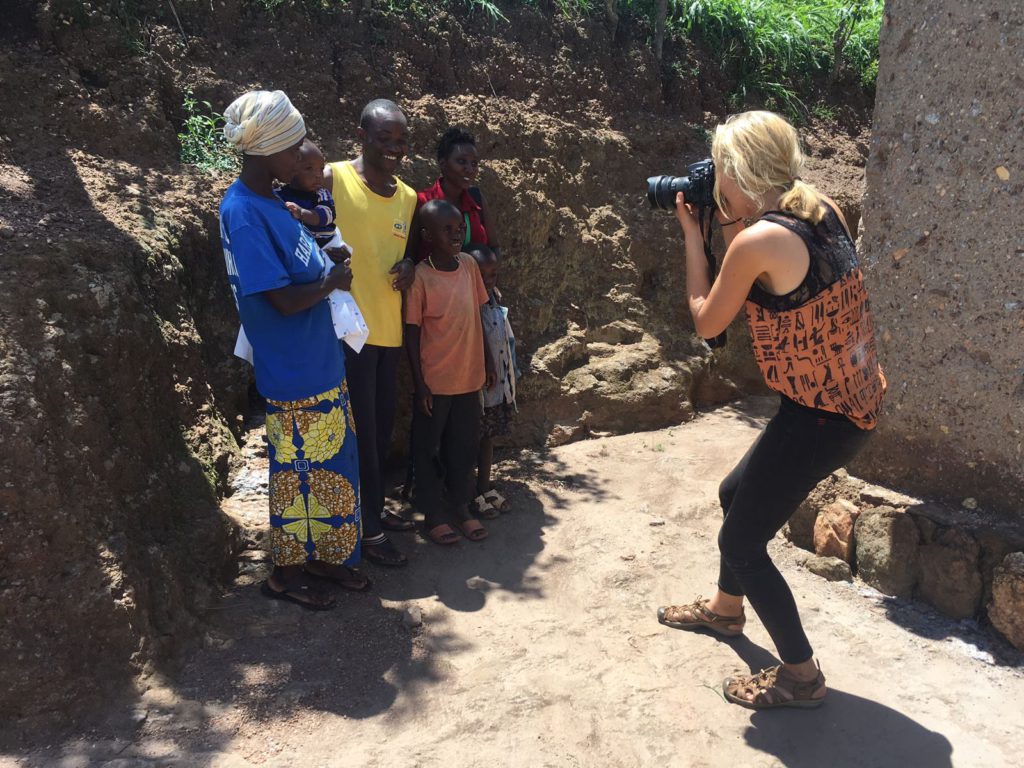
2. What have you enjoyed most about your fellowship so far?
Gardens for Health International (GHI) is a small organization based in Rwanda that aims to eliminate malnutrition through the intersection of agriculture and health. The organization’s makeup is 90% Rwandese, making these solutions both local and sustainable. I love working in this framework because our work is localized for the Rwandese context instead of coming from a larger, anonymous NGO implementing identical solutions in vastly different places.
As the Communications Fellow, my days always look different. Sometimes I’m in the field filming and photographing in health centers and refugee camps. Other days I’m engaging in home visits with former program participants to document the progress of their children, or I’m working in post-production with videos or photos and slating our daily social media.
GHI’s communications protocol is very specific in that we use our social media to challenge the Western concept of “Africa” and what malnutrition looks like. Instead of perpetuating harmful stereotypes or single narratives, we treat our partner families with dignity and respect. I strive to elevate stories from our partners well-rounded both through challenge and success; in doing so, our program participants are presented as complex and relatable human beings. We specifically don’t use the word “beneficiary,” as it perpetuates the idea that organizations are bestowing great gifts of charity. Instead, GHI takes pride in learning from our partners as much as we teach. There is a lot of creative freedom in my position, and I am incredibly lucky to work so closely with our partner families and see the tangible outcomes our program provides.
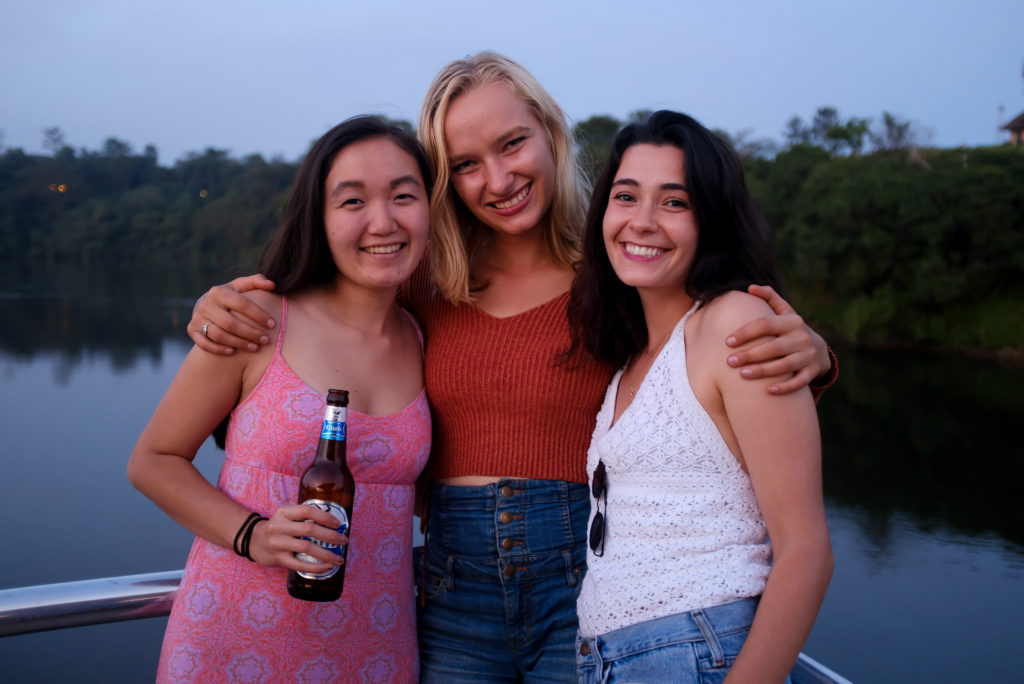
3. What tips would you give others applying to the Princeton in Africa Fellowship?
Princeton in Africa awards 40-50 fellowship positions each year. The application process is highly selective but there are ways to make an application stand out. Successful candidates often have a history of interest in the continent through former travel or study, but it’s not a requirement of prospective fellows. A specific interest in a region or widespread issue is likely to set apart your application rather than a vague impression of wanting to do work abroad. Highlighting a specific interest in food security, HIV/AIDS, green development, or irregular migration on your application is far more compelling than not having a topic of interest. Having a historical interest in problems affecting other areas of the world that can be addressed in Africa is also a strength; if you wrote a thesis on issues relating to pollution in India, talk about how it informs your interest in pollution-related challenges in Nigeria.
If your written application is selected for an in-person interview, use this opportunity not only to reflect on what you wrote in your application, but also to introduce unique support of your candidacy through personal experiences. In my interview, I spoke about how spending time reporting in under-resourced neighborhoods in North Philadelphia helped me develop active listening skills that I value as one of my best attributes in working with populations that often don’t have an opportunity to tell their stories to a larger audience. In my fellowship position, I get to elevate stories every day that otherwise wouldn’t have a platform to be shared.
Don’t worry if one part of your application isn’t as strong as the rest. I graduated from Temple University, a wonderful school that was perfect for me. It was intimidating to see many of the interviewees attended Ivy League institutions or otherwise large private universities. However, I turned my urban, public university education into an asset during my interview, showing that my diverse collegiate experience was formative in exposing me to different people, while students attending elite private institutions often experience higher education in an echo chamber. A strong candidate will show former commitment to or a specific interest in Africa, a high degree of self-motivation and independence, and demonstrate the patience, maturity, and flexibility necessary to live abroad for a year.
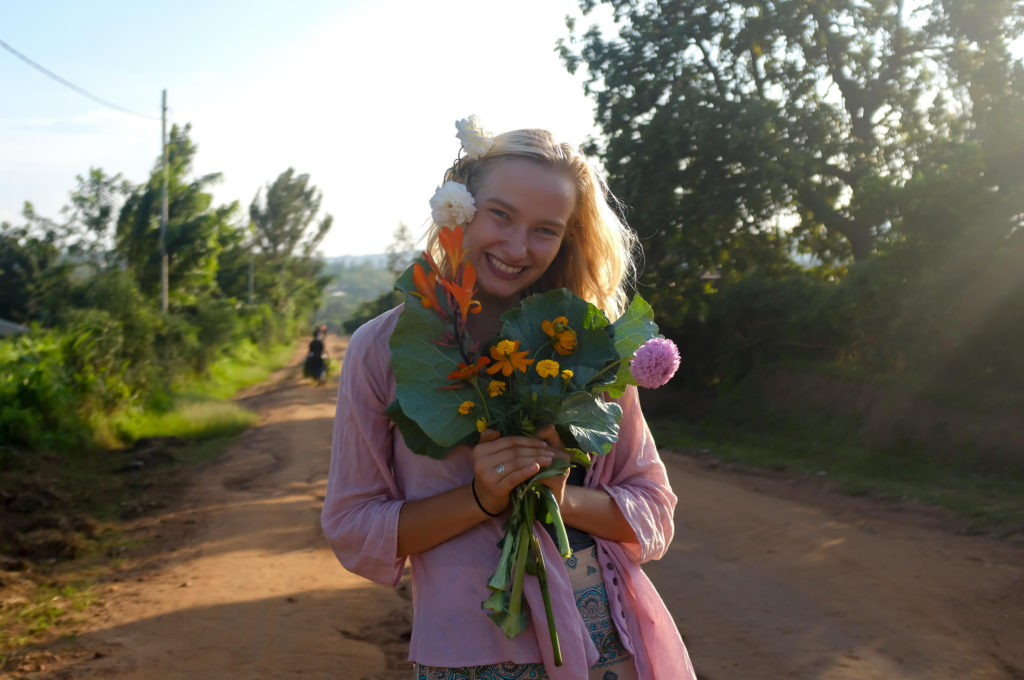
Maggie Andresen grew up in New York and graduated from Temple University in 2017 with a degree in photojournalism, a certificate in international communications, and a minor in Italian. She enjoys learning new languages, cooking, running, and documentary photography and filmmaking. Maggie hopes to work internationally as a humanitarian photographer focused on issues of migration and conflict. She is currently a Princeton in Africa fellow at Gardens for Health International, and lives in Kigali, Rwanda.
Interested in applying? Bookmark the Princeton in Africa program to your ProFellow account.
© Victoria Johnson 2018, all rights reserved.